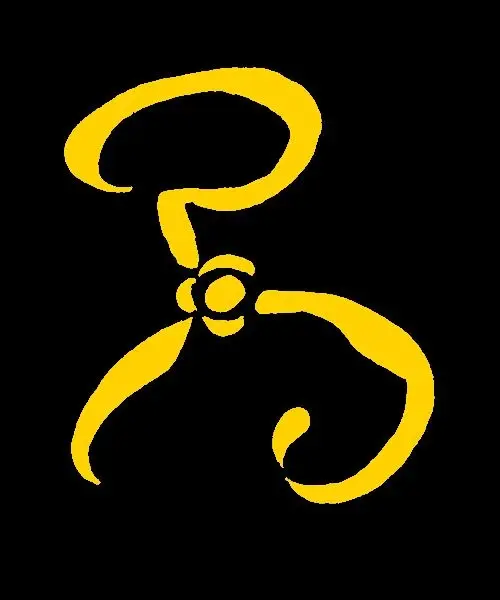Welcome once again to our investigation into the world of Dream as defined by our favourite horror writer, H.P. Lovecraft. In this thread we will be discussing the reading assignment for the past week: Ex Oblivione and The Nameless City.
Our reading assignment for this week is two more short stories: The Quest of Iranon and The Other Gods.
The Quest of Iranon is another of Lovecraft’s tales explicitly inspired by Lord Dunsany. The story, written in February 1921, is available in PDF format via the Arkham Archivist here. Unfortunately, LibriVox does not have an audio version of this story available, thus our audio recording for this week is via the YouTuber HorrorBabble. The video, filtered through Piped (a privacy friendly alternative YouTube Frontend) is available here
The Other Gods is also heavily inspired by Dunsany’s Work. Written in August 1921, the text of the story is available via the same link above, and a LibriVox recording is available here
Image Credit Mert Genccinar


Our first story, Ex Oblivione is another story of death and continuation in Dream after death; we were introduced to the idea of Dream after death in a story of the previous week, Celephaïs, where the impoverished noble Kuranes seeks drug-induced sleep, eventually leading to his ruin and death in the waking world. Ex Oblivione offers a first-hand account of the mind of a person, desparate to venture further into the Dreamlands in spite of their physical health.
Our narrator for this story is an avid dreamer, and indeed in the first sentence of the story refers to sleep as a “refuge.” In his wanderings through Dream, he ventures into a golden valley where he finds a large wall draped in vines. The only perceivable way past this wall is a bronze gate with a hidden latch. Each night the narrator tries in vain to find the hidden mechanism for opening the gate.
While researching in a dream city, the narrator finds information of a drug in the waking world which opens the gate in the world of Dream. He also finds seemingly conflicting reports on the wonders and disappointment beyond the gate. Nevertheless, the next night he takes the drug and upon passing into the world of dream, he finds the familiar bronze gate ajar. Stepping through the portal, he finds nothing but an endless white void; oblivion. The narrator is “happier than [he] had ever hoped to be” at his discovery and willingly dissolves into oblivion.
I think it’s not controversial to make the conclusion that the narrator sought suicide through some unknown drug in the waking world, resulting in eternal sleep and access to oblivion. In my personal interpretation of these stories, this story together with Celephaïs resonate with me as stories of depression. Our main characters in these tales have grown increasingly disillusioned with life, Kuranes in particular becomes disillusioned following financial hardship and his loss of noble standing in the waking world. In Dream, they find a malleable world, reactive to their thoughts and offering delights and discoveries beyond the possibility of the waking world. These characters spend more and more time in the comforting refuge of sleep, much to the detriment of their “true” lives; they even seek self-medication to improve their sleep. Ultimately, the two make a permanent transition to Dream. The fate of the narrator in Ex Oblivione is more explicit as he finds oblivion which is a comfort to him.
One line in particular offers more interesting insight into the Dreamlands: “… I found a yellowed papyrus filled with the thoughts of dream-sages who dwelt of old in that city, and who were too wise ever to be born in the waking world.” The immediate piece of information to be gleaned from this statement is that there can exist ideas and schools of thought imagined entirely in the world of Dream and disjoint from the waking world. The fascinating thing to me, is that the distinction must be made of sages “too wise ever to be born in the waking world.” Does the narrator simply mean his own imagined versions of ancient scholars; his personal dream Socrates, or Plato etc.? I do not think so. I believe that this statement carries the implication of a shared world of dream, and the continuation of knowledge long after a person is dead in the waking world. Combine this with the examples of Kuranes and the narrator of this story, and we have the implication that the consciousness of great earthly scholars could possibly continue long after their physical death. I am fascinated by that idea.